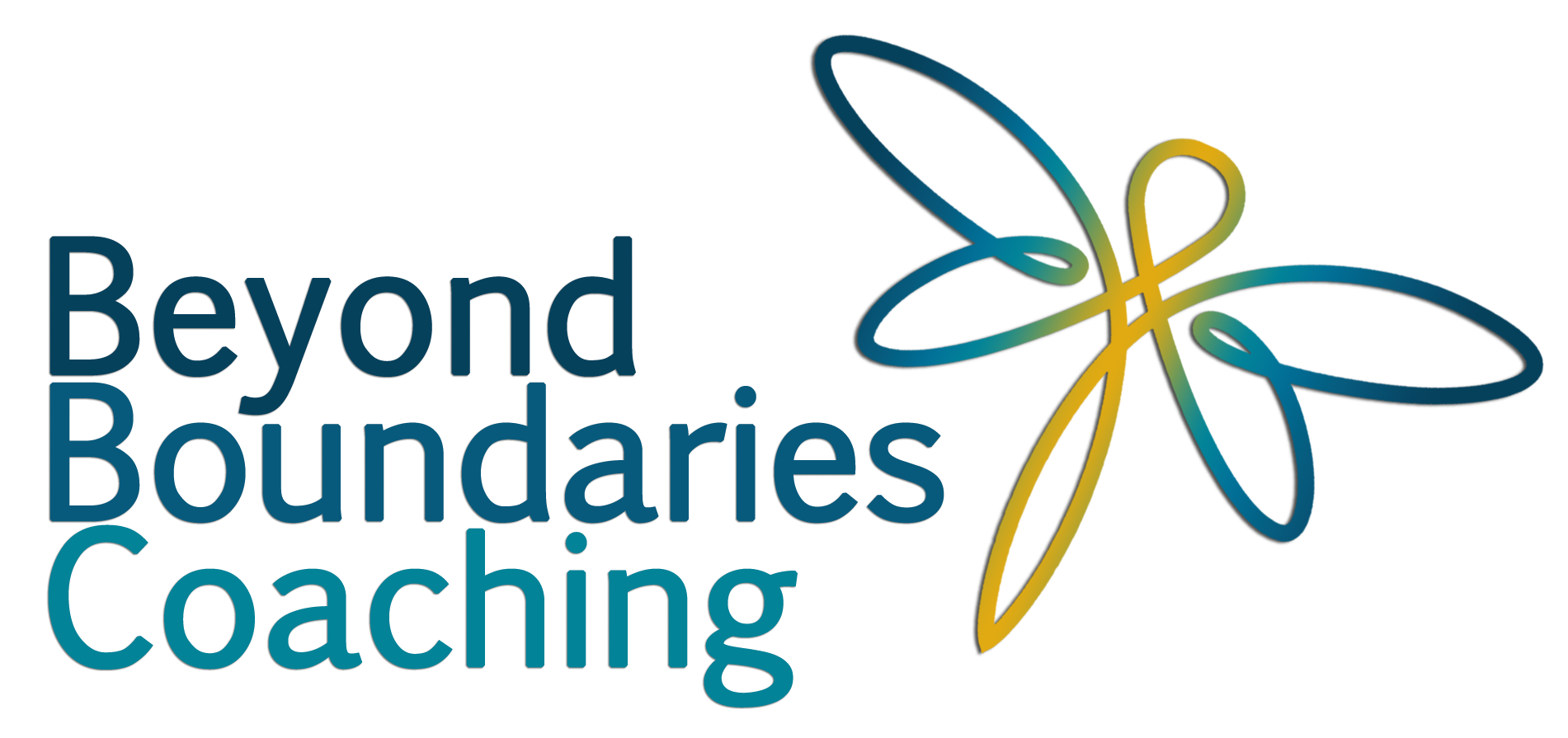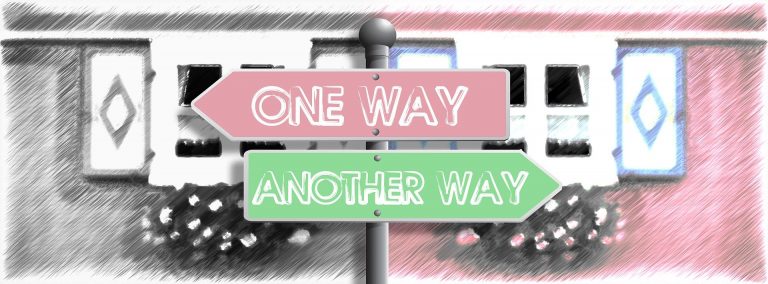If procrastination is the thief of time, I’ve come to the conclusion that procrastination about business decision making is the thief of progress. Obviously some decisions are bigger than others, and need to be considered. But hesitating when a decision could be made delays the action that follows. Added to which, overthinking it can drain your emotional energy and drag your focus away from other important aspects of running your business.
I was working with a coaching client recently, exploring a decision she wanted to make. Her conundrum was this; she is providing a service which no longer makes sense for her in personal terms or in financial terms. She was considering ending this offer, but didn’t want to upset her existing customers. Should she try instead to promote the offer to bring in more customers and make it more viable? As she got to the decision to end the offer, (the one she knew in her heart of hearts was the right one for her) a weight lifted. The weight of the emotion she’d been carrying around while she waited to make the decision. Sound familiar?
If it feels good to make the decision, why is it that so often people teeter on the brink, living with emotional pressure for longer than they need to? The most common reasons I’ve seen fall into four main areas:
- Fear of the unknown and what the consequences may be – you might be leaning towards a path but it feels safer to hold back than risk getting it wrong? What if you spend money you don’t really have and it doesn’t get a return? What if you offer the job to the person you’ve interviewed but they aren’t up to the mark?
- Fear of what other people will think – this might well be one of the consequences you’re afraid of! What if you make a decision and then people think you’re crazy? What if you crash and burn and they think you’re a failure?
- Overthinking – where you’ve gathered so much information, canvassed opinions and done several drafts of a pros and cons list. The view is still divided. You can see all the perspectives, you just aren’t sure which is more right
- Perfectionism – you want a perfect solution in an imperfect world
The thing is, delaying the decision doesn’t make any of those things any easier. If anything, it tends to magnify the doubts, worries and insecurities that rise to the surface. Making a decision frees you up to move forward, take action and learn – regardless of whether things go the way you hope or not.
If you only take the decisions you know will work out OK, you are limiting yourself and avoiding risk. And that will never give your business (and you) the chance you deserve to thrive.
So if you’re convinced that making a decision is more important than the actual decision, what can you do to make it easier?
- Ask yourself if there is any factual information that you could use to guide the decision making process. If there is, then go get it. If not, it’s time to make a calculated judgement.
- If fear of the consequences is the issue, think about how you could manage them. (In the example above, my client imagined herself having conversations to explain her decision to her customers)
- Imagine you’ve made the decision and roll forward a few days / weeks / months. How does it feel? What is the same / different as a result? Visualising the outcome of a decision can really help you connect with what feels right and see the positive possibilities
- Be selective in asking for advice – the more people you ask, the more opinions you’ll get which can confuse things. Seek out advice from people you trust with the same values and approach to life as you
- Flip a coin. Yes I’m serious! As a kid, did you ever flip a coin about a decision and then when tails appeared (and you’d called heads) demand best of 3?! It can be the same as an adult – sometimes you know deep down what your decision is but don’t admit it to yourself. This approach is not about being flippant with your decisions, it’s about pushing yourself to listen to what your gut says
- If you are choosing between options and none feel right, force yourself to come up with some new ones to consider instead
Above all, ask yourself what you have to gain by delaying the decision, and what you might have to gain by making it?



